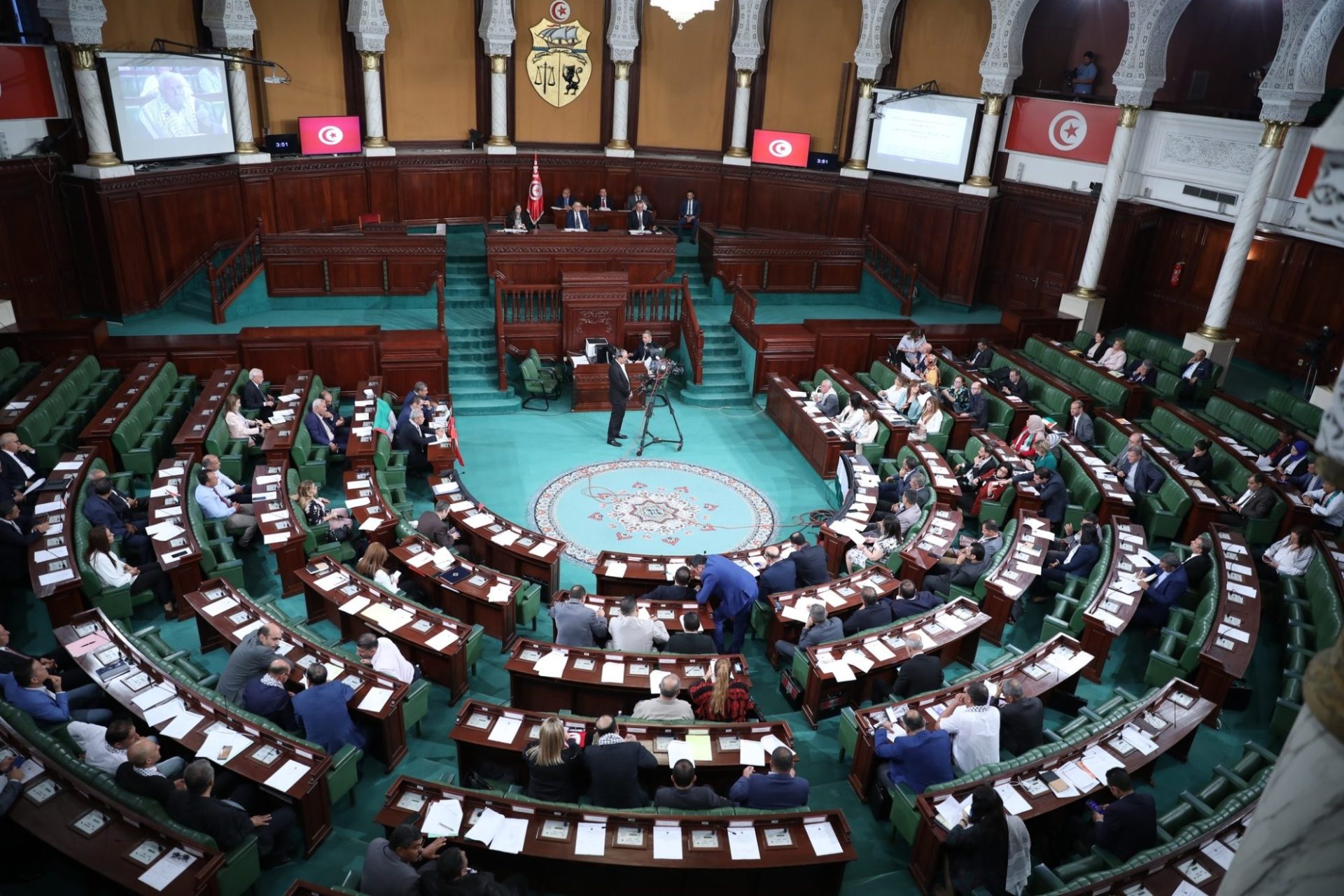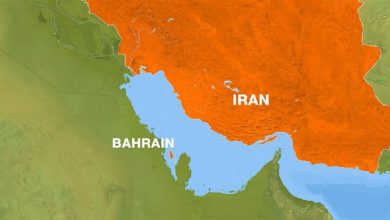Tunisia’s Parliament Blocks Qatar Development Fund Amid Financial Crisis

Watan-The Tunisian Parliament banned the Qatar Development Fund from opening a branch in Tunisia, which is facing financial constraints.
According to Bloomberg, this move constitutes a potential setback to efforts to revitalize the economy and avoid default.
Legislators allied with President Kais Saied stood against the proposal for the fund, managed by Qatar, to open a branch in Tunisia.
Approval was crucial for the rapid release of around $150 million in immediate funding and paving the way for additional support from Qatar.
Opponents of the proposed offer described it as “loaded” and threatening national sovereignty, conflicting with Saied’s declared policy of self-reliance.
Others linked it to alleged Qatari support for the Ennahda Movement, some of whose members have been imprisoned since Saied assumed greater powers in 2021.
Tunisia Struggles with Economic Crisis
Economically, Tunisia, grappling with slowed economic growth and high youth unemployment rates, struggles to reconcile its debt obligations with the need for public investment.
After a stalled $1.9 billion rescue deal with the International Monetary Fund, authorities are increasingly likely to turn to Arab states to meet financing needs estimated at around 28 billion dinars ($9 billion) this year.
Qatari-Tunisian Relations: Ebb and Flow
Mark Bohlund, Senior Credit Research Analyst at REDD Intelligence, stated that the rejection is a “setback” but may be part of the regular ebb and flow in Qatari-Tunisian relations since the Arab Spring revolutions in 2011.
He added that Tunisia’s strong relations with Algeria and Saudi Arabia make them possible alternative sources of funding.
The value of Tunisian dollar bonds has risen since November, but the spread between these bonds and U.S. Treasury bonds still approaches 1000 basis points, a level considered by many traders as a sign of deterioration.




